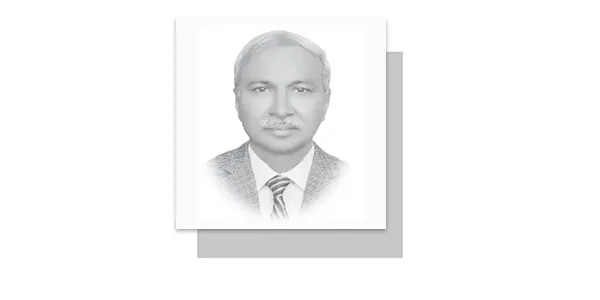IN recent years, the decline of the national economy, political instability, the powerful hoarding mafia, and, most importantly, the rulers’ focus on personal interests have subjected the public to extreme hardships.
Due to the economic recession, unemployment—especially the growing storm of inflation—has intensified to such an extent that even the middle class finds it impossible to maintain its dignity.
In the past few years, a large number of middle-class individuals have fallen into poverty.
Over the past decade, the rapid increase in the prices of essential goods has left the majority of the country’s population trapped in poverty.
As a result, millions of children are being forced into labor to support their families instead of receiving an education.
Despite claims of remarkable economic growth, the prices of petroleum products, electricity, gas, flour, and other essentials have risen sharply.
People’s purchasing power has steadily declined, while the poverty rate continues to rise.
The vicious cycle of poverty began when unemployment surged, leaving many without a source of income.
With empty pockets, people were forced to take on petty jobs, yet inflation eroded their earnings.
As purchasing power weakened, incomes shrank, and the disparity in wealth distribution widened.
The wealthy were not investing in industries or factories; instead, under IMF pressure and rising production costs—caused by soaring electricity, gas, and petroleum prices—domestic industrialists either moved their industries abroad, engaged in money laundering, or invested in non-productive activities.
Instead of channeling their savings into industrial expansion, they turned to trade, speculation, land and property acquisition, foreign currency purchases, and bond investments.
Economic growth depends on the establishment of new industries and factories to expand GDP, but such speculative activities have led to economic stagnation rather than progress.
Meanwhile, inflation has wiped out the savings of low-income individuals, leaving them burdened with debt.
Those from the low-income, limited-income, and salaried classes have been forced to borrow money each month to cover expenses.
Even government employees, despite periodic salary increases, struggle with mounting debt due to the relentless rise in the prices of basic necessities.
Since industrial production remains stagnant, the supply of goods does not increase, further fueling inflation.
The public is gradually being deprived of all basic necessities.
Whether it is drinking water, electricity, or even flour—an essential staple—everything has become unaffordable.
Power shortages have crippled businesses, reducing monthly incomes and worsening unemployment.
Under these circumstances, neither can the people’s condition improve, nor can the national economy regain its footing.
—The writer is contributing columnist, based in Faisalabad. (ranazahid4@gmail.com)


















